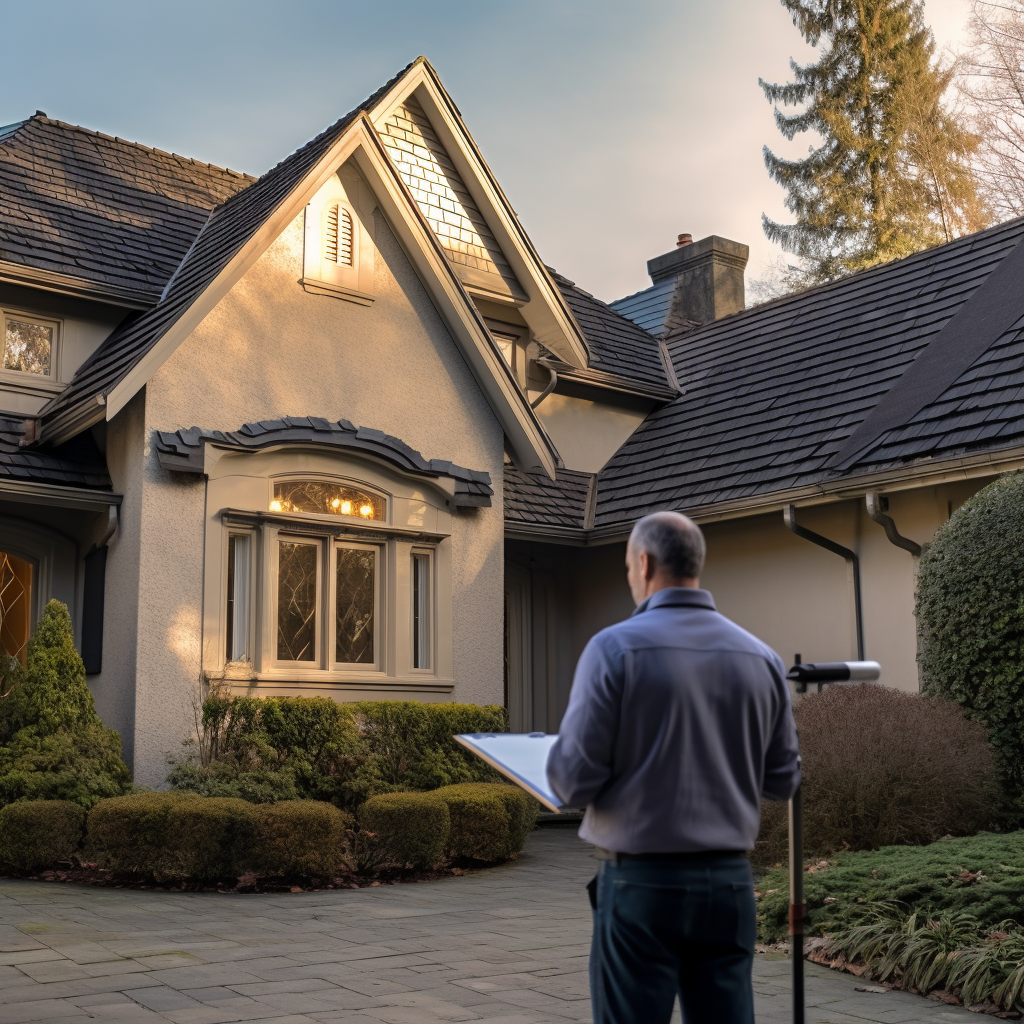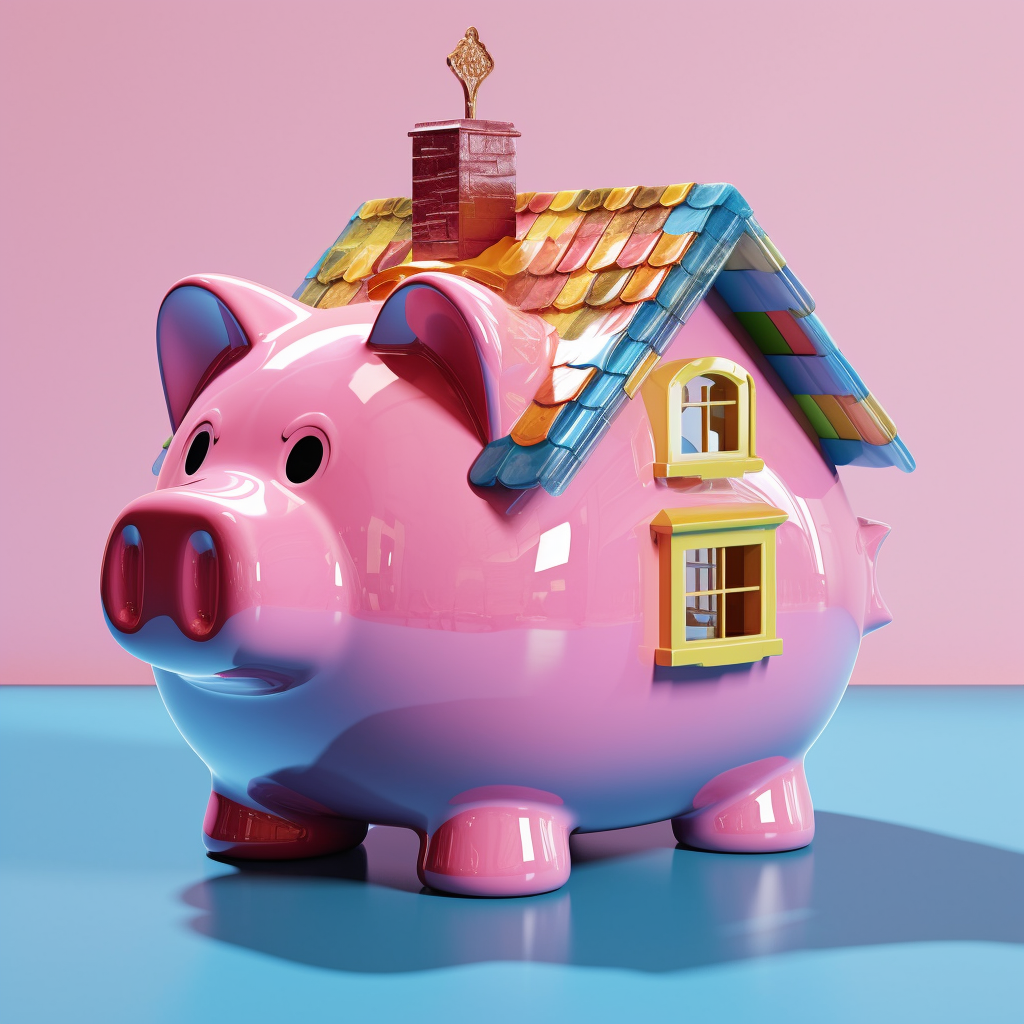Understanding Homeowners Insurance: Protecting Your Piece of Paradise
Why Do You Need Homeowners Insurance?
Simply put, homeowners insurance provides financial protection against a range of potential disasters and liabilities. Imagine a severe storm damages your roof, or a guest slips and falls on your property. Without insurance, you would bear the entire financial burden of repairs, medical bills, and potential lawsuits. Homeowners insurance acts as a safety net, helping you recover financially from unexpected events.
Furthermore, if you have a mortgage, your lender will likely require you to maintain a certain level of homeowners insurance coverage. This protects their investment in your property as well.
Decoding Your Homeowners Insurance Policy: Key Coverages
Most standard homeowners insurance policies include several types of coverage, each designed to protect you in different ways:
-
Dwelling Coverage: This covers the physical structure of your home, including the walls, roof, foundation, and any built-in structures like your garage. If your home is damaged by a covered peril (like fire, wind, or hail), dwelling coverage helps pay for the repairs or rebuilding costs, up to your policy limit.
- Example: A tree falls on your roof during a hurricane, causing significant structural damage. Your dwelling coverage would help pay for the cost of repairing or replacing the damaged portion of the roof and any other structural damage.
-
Other Structures Coverage: This protects structures on your property that aren't attached to your main house, such as a detached garage, shed, fence, or gazebo. Typically, this coverage is a percentage of your dwelling coverage limit (e.g., 10%).
- Example: A fire damages your detached storage shed. Your other structures coverage can help cover the cost of rebuilding it.
-
Personal Property Coverage: This covers your belongings inside your home, such as furniture, clothing, electronics, appliances, and sporting goods. Most policies cover personal property on an "actual cash value" (ACV) basis, which accounts for depreciation, or on a "replacement cost value" (RCV) basis, which pays the cost of replacing the item with a new one (though RCV coverage often has higher premiums).
- Example: A pipe bursts in your bathroom, damaging your furniture and clothing. Your personal property coverage can help pay to repair or replace these items, depending on your policy type.
-
Loss of Use Coverage (Additional Living Expenses - ALE): If a covered event makes your home uninhabitable, this coverage helps pay for additional living expenses you incur while you're unable to live in your home. This can include hotel stays, restaurant meals, and other necessary costs above your normal living expenses.
- Example: After a fire forces you to move out of your home for several weeks while it's being repaired, your loss of use coverage can help cover the cost of your temporary accommodation and increased food expenses.
-
Personal Liability Coverage: This protects you if someone is injured on your property and you are found legally responsible. It can help cover their medical expenses, lost wages, and legal fees if you are sued. Most policies offer a minimum of $100,000 in liability coverage, but you may want to consider higher limits for greater protection.
- Example: A guest trips on a loose step on your porch and breaks their leg. Your personal liability coverage could help cover their medical bills and any legal costs if they sue you.
-
Medical Payments Coverage: This provides coverage for smaller medical expenses for guests injured on your property, regardless of who is at fault. It's often referred to as "no-fault" coverage. Coverage limits are usually lower than personal liability coverage (e.g., $1,000 to $5,000).
- Example: A friend visiting your home trips and scrapes their knee. Your medical payments coverage can help cover their immediate medical expenses, even if the incident wasn't directly your fault.
Factors Affecting Your Homeowners Insurance Premium
Several factors influence the cost of your homeowners insurance premium:
- Location: Areas prone to natural disasters (hurricanes, floods, earthquakes) or with higher crime rates typically have higher premiums.
- Home's Age and Condition: Older homes or those in poor condition may have higher premiums due to increased risk of claims.
- Coverage Limits and Deductibles: Higher coverage limits and lower deductibles generally result in higher premiums. Your deductible is the amount you pay out-of-pocket before your insurance coverage kicks in.
- Replacement Cost vs. Actual Cash Value: Policies with replacement cost value (RCV) coverage usually have higher premiums than those with actual cash value (ACV) coverage.
- Claims History: If you've filed multiple claims in the past, your premiums are likely to be higher.
- Credit Score: In many states, your credit score can impact your insurance rates.
- Safety Features: Having safety features like smoke detectors, burglar alarms, and sprinkler systems can sometimes lead to discounts.
Tips for Finding the Right Homeowners Insurance
- Shop Around: Get quotes from multiple insurance companies to compare coverage and premiums.
- Understand Your Needs: Assess the value of your home and belongings to determine appropriate coverage limits.
- Consider a Higher Deductible: If you can afford to pay a higher deductible, you may save on your premium.
- Ask About Discounts: Inquire about potential discounts for things like bundling your home and auto insurance, having safety features, or being a long-term customer.
- Review Your Policy Annually: Your insurance needs may change over time, so it's a good idea to review your policy each year to ensure it still meets your needs.
- Understand Exclusions: Be aware of what your policy doesn't cover. For example, standard homeowners insurance typically doesn't cover flood or earthquake damage, which may require separate policies.
Conclusion: Protecting Your Investment and Peace of Mind
Homeowners insurance is an essential investment in protecting your most valuable asset and your financial well-being. By understanding the different types of coverage, the factors that influence your premium, and how to find the right policy, you can secure the peace of mind that comes with knowing you're prepared for the unexpected. Take the time to explore your options and choose a homeowners insurance policy that provides the comprehensive protection you need for your home and your future.






